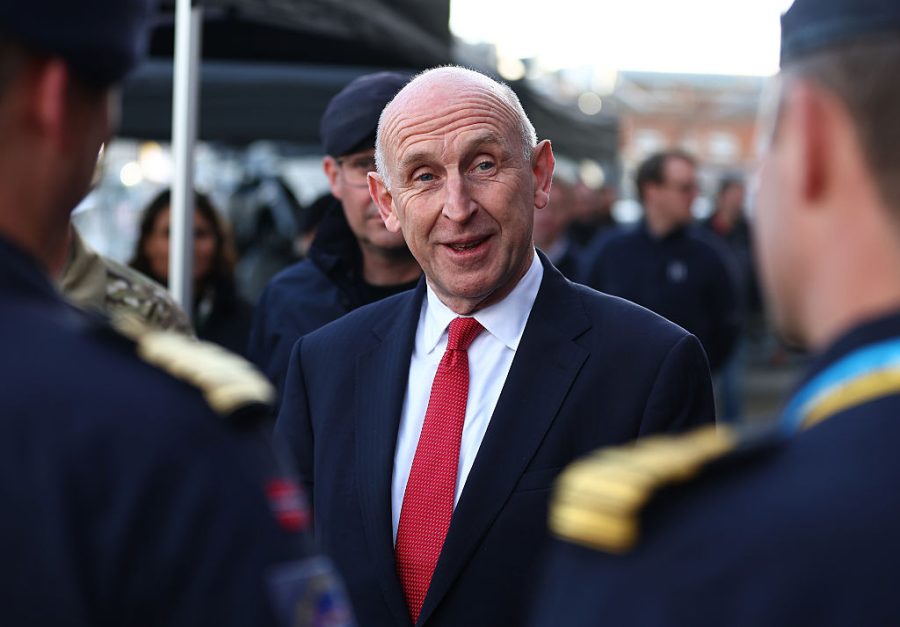
If that was sportswashing, let’s have more of it. The Champions League final, when Paris Saint-Germain vaporised Inter Milan, was a sublime game of football, mesmerising and beautiful in the PSG’s display of sustained excellence.
But the win has also generated a fair bit of anguish from many commentators. The club, you see, is owned and financed to the hilt by Qatar. And Qatar has a fairly mixed record, it might be said, on human rights, the role of women, same-sex relationships and all that. Mind you, if sportswashing is meant to be the use of sport to improve a government’s image, it’s not working that well. We still talk about Qatar’s failings – as well as those of Abu Dhabi or Saudi Arabia despite them owning Manchester City and Newcastle United, respectively.
Back to the match. How could an event so one-sided be so compelling? This was an extraordinary team performance – not just ‘there’s the megastar, get the ball to him’, but a bunch of kids working perfectly as a unit, all playing for each other, wholly committed to the plan, fluid but positionally disciplined.
We live in an atomised age, so how thrilling to see young people totally committed to a team effort – though a huge salary probably helps. Luis Enrique’s brilliant coaching has persuaded a bunch of prodigies who will have been told how special they are since they first kicked a football to find value in being part of the collective. Not that there’s anything mechanical about the PSG machine: it’s vibrant, exciting and has plenty of space for flair. If this is the shape of football in the future, I can’t wait.
Simon Yates’s extraordinary effort to win the Giro d’Italia in the penultimate stage was also both astounding to watch and very much a team effort. Starting way behind the leaders Isaac del Toro and Richard Carapaz, Yates broke away up the Colle delle Finestre, 12.5 miles of some of the most punishing cycling in the world: unpaved hairpins at a steepness of 9 per cent. Terrifying. By the time he reached the top after nearly an hour of lung-busting effort, he was a couple of minutes ahead. On the testing downhill he was helped by his brilliant teammate Wout van Aert.
So why did del Toro and Carapaz merely look at each other rather than follow? Partly, I think, because of some astute kidology by Yates. The previous evening, he gave the impression his team had let him down. ‘I will not say anything more about that,’ he muttered menacingly He also suggested he wouldn’t try anything on the Colle delle Finestre, which had broken him seven years earlier. Del Toro and Carapaz seem to have been fooled. Afterwards Yates said, ‘I have to thank the guys, the team. They believed in me and even during the stage they were saying, “Just give it a try.”’
If this is the shape of football in the future, I can’t wait
I don’t know how much Sky TV pays for WinViz, the gadget that predicts which side is more likely to win a cricket match at any given time. But they have a good case for wanting their money back. On Sunday WinViz said there was an 89 per cent chance the West Indies were going to win the second ODI. Come off it: England were 133-5 chasing 309, admittedly; but the sublime Joe Root was still there and looking good. After 90 minutes of Root at his best it was 100 per cent done and dusted.
One of the many joys of cricket is that a lot of the greats get better with age. Root is 34, Steve Waugh was playing Test cricket at nearly 39 and Jimmy Anderson was still bowling for England well into his forties.
If WinViz predicted the likelihood of sports stars receiving honours, it would be on safe ground flagging up a 100 per cent chance of Joe being knighted once he puts down his bat. Though that could be some time…








Comments